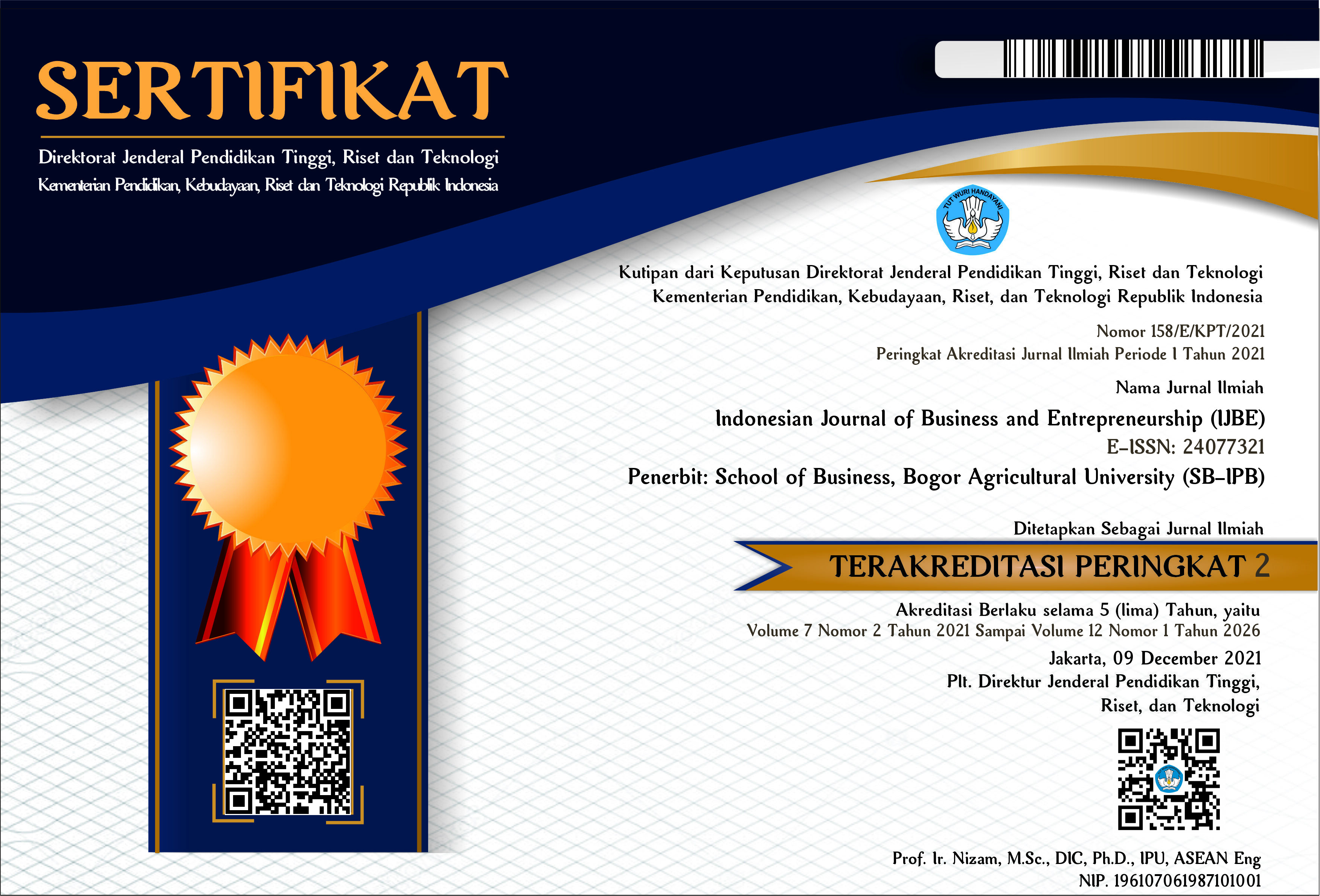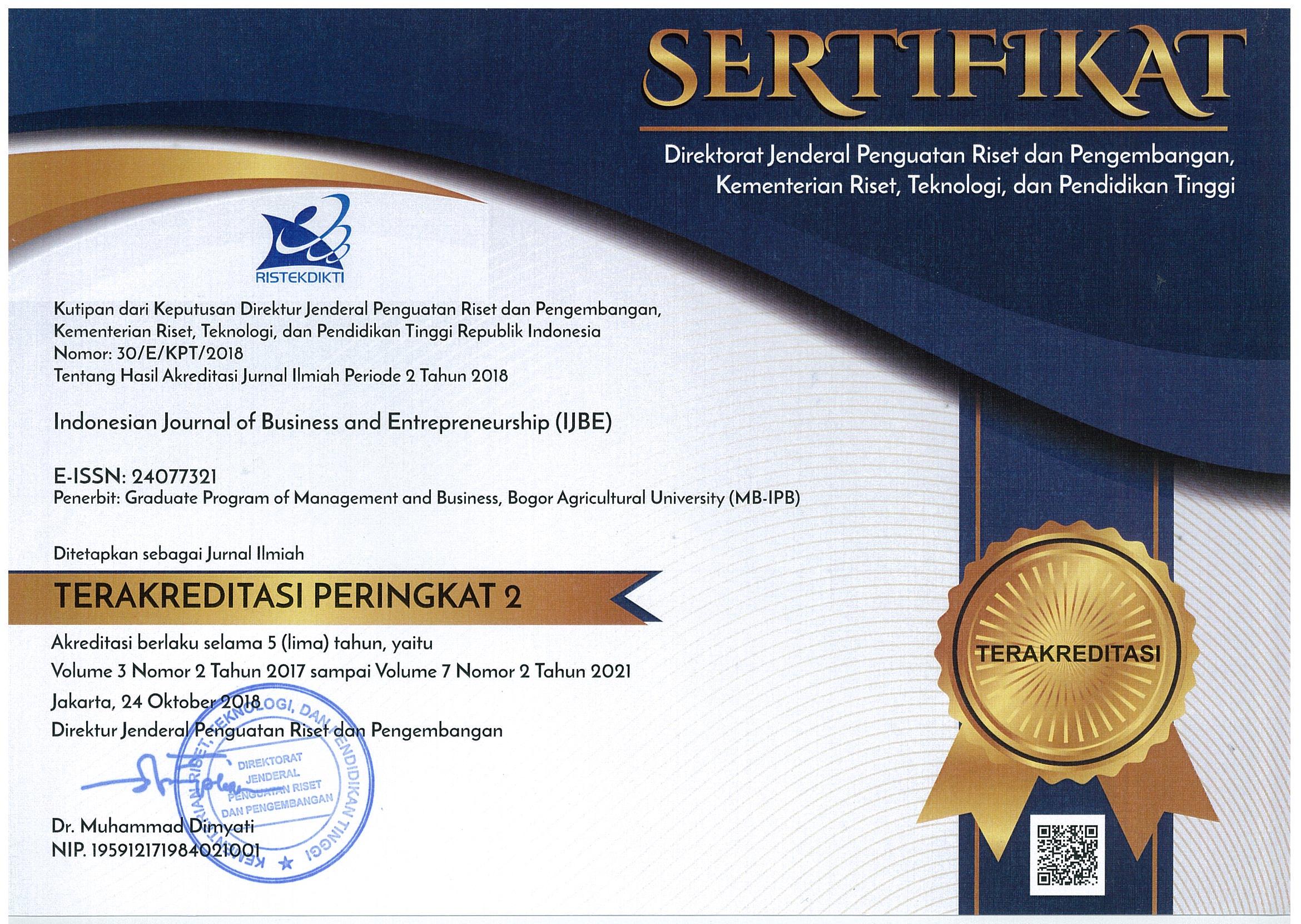Participatory Decision – Making and Its Implementation in Nigeria: An Experience From Pharmaceutical Industries Ltd., Awe
Abstract
In as much as employees’ participation in the workplace’s decision making has been found to have favourable effects on both the employees and the employers, participative management should therefore be considered an inevitable tool in any organization – be it public or private. The study examined participatory decision making and its implementation in Nigeria with a focus on Pharmaceutical Industries Ltd., Awe, Oyo - State. The sample size of the study was 177 with the adoption of a structured questionnaire as the data collection’s instrument, while the random sampling technique was utilized. The adoption of the method was based on its easy usage and capacity to correctly represent an enormous population. The descriptive statistics employed comprised frequency, percentage and tables, while regression was used as inferential statistics. The finding of the study showed a significant relationship between employees’ direct involvement in the Bond Chemical industries’ decision making and the implementation. The finding also established significant facilitation of the organization’s decision making by the employees’ consultation. The study concludes that there is a significant effect of employees’ participation on the implementation of Bond Chemical Industries, while employees’ adequate sensitization on participatory decision making coupled with an attachment of reward system to the practice was recommended for workers’ full commitment.
Keywords: employees’ involvement, employees’ voice, co-partnership, joint consultation, participatory decision – making







